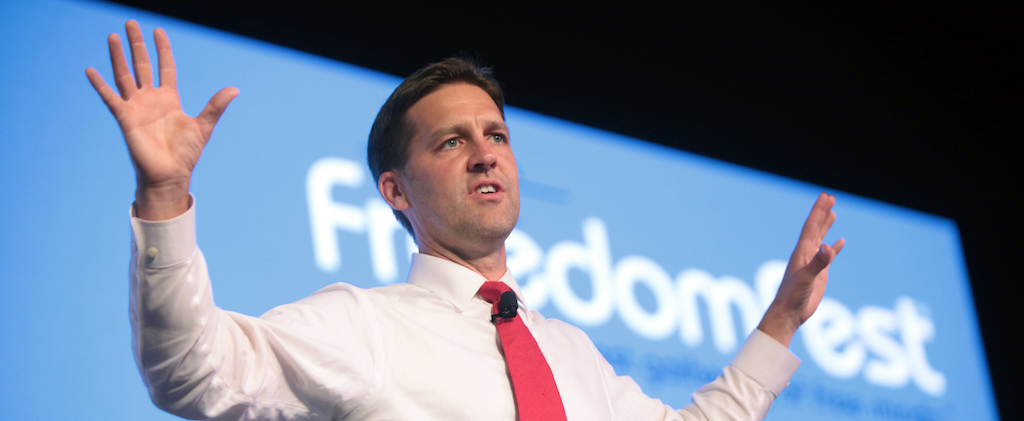In a November 2018 episode of Saturday Night Live, congressman-elect Lt. Cmdr. Dan Crenshaw of Texas appeared with SNL star Pete Davidson. The much-discussed segment came one week after Davidson had made tasteless jokes about Crenshaw’s eye patch, which he has to wear after losing an eye on his third tour of duty in Afghanistan.
Login to read more
Sign in or create a free account to access Subscriber-only content.
Topics:
